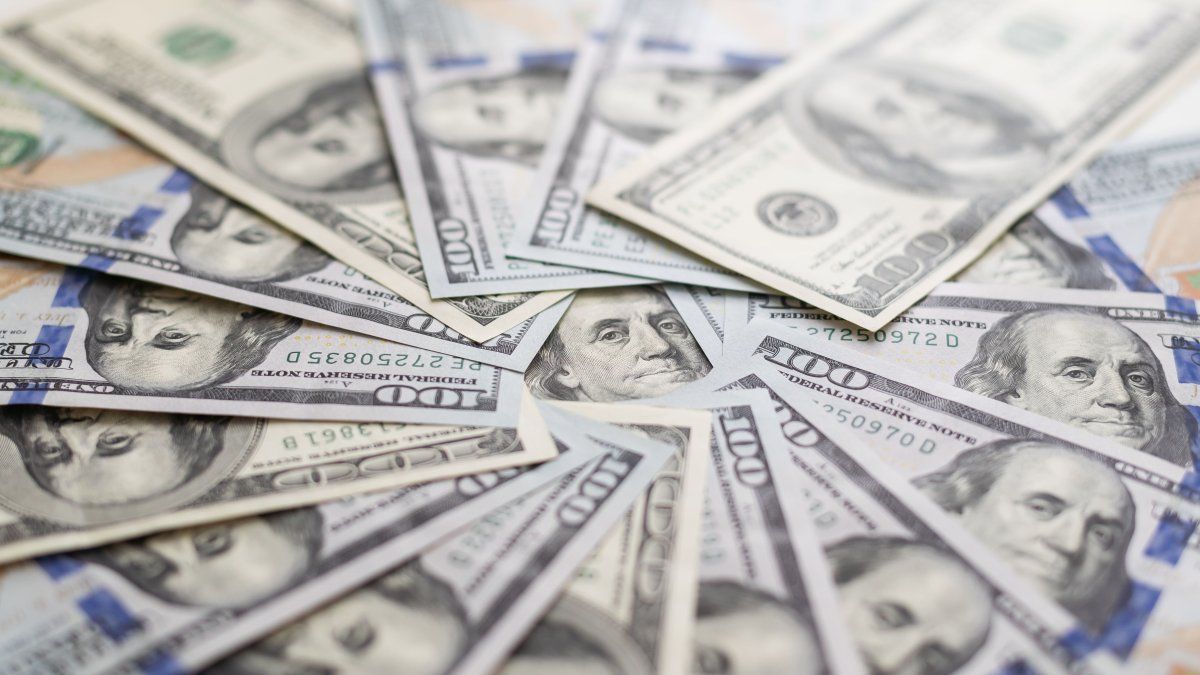Luis Caputo explains what the PAIS tax cut will look like and how much the dollar will be worth

The Economy Minister set a date for the reduction of the PAIS tax, a tax created in 2019, and revealed that this would not mean a devaluation of the official tax.

Minister of Economy, Louis Caputoclarified that this would reduce Country Tax to 7% from 17% in September and said it would have an “inflationary effect.” At the same time, he reiterated that the official dollar would not devalue more than 2% per month in order to maintain the path of reducing inflation.
“We reduced the PAIS tax from 17.5% to 7% in September. This is going to have a very clear impact on inflation. The official tax remains the same, so this is going to be a new step to lower inflation because the PAIS tax is extremely harmful and directly impacts the numbers,” the minister said in a radio statement.
A few weeks ago, the official promised a reduction in the PAIS tax if the base law is approved. Confirming that this tax cut is not linked to any devaluation, it is expected Dollar Card Which, due to the 30% PAIS tax and 30% of profits, falls and goes away from $1,500, at today’s price, the highest in the market.
“We are here to reduce inflation and reduce taxes,” the minister concluded on Radio Mitre.
What is country tax
The PAIS tax is a tax paid on certain operations in foreign currency. It was created in 2019 by the Alberto Fernández government for certain actions aimed at discouraging purchases and expenses in foreign currency in order to prevent the outflow of foreign currency.
This tax is applicable on the following activities:
- Purchase of foreign currency for savings, including traveler’s cheques. Tax is not paid in case of payment of loans and obligations.
- Purchases made with credit and debit cards, the latter when the account from which the funds are debited is in Argentine Pesos.
- Payments for goods or services abroad by credit card or debit card in pesos, and withdrawals of foreign currency when they are in pesos from an account.
- Payment for transport services abroad, except for neighboring countries.
What did he say about the dollar?
“The free exchange rate is going to be converted into the official one due to a shortage issue, and that is going to be a more appropriate point to exit the stock, because as we say, we don’t want to exit too early. If we had left in December, it would have been a disaster… You can’t fix a date because inevitably actors are going to speculate, which will work against the country and it will mean that we won’t be able to get out of the trap. That’s why the decision is to do as we are doing, with a strong fiscal program, with a strong monetary program and gradually lift the layers,” he explained about the exchange rate.
At the same time, he once again denied that a new devaluation would occur (“zero chances,” he said) and He even said that as the months go by, the peso will be the stronger currency of the system.
“What we are doing has been carefully studied for a long time and we are executing it satisfactorily. The situation we are entering now will surprise many. I said this in January, when I said the peso would be in short supply in a few months. AndIt will start to feel like this in some time,” he said.



